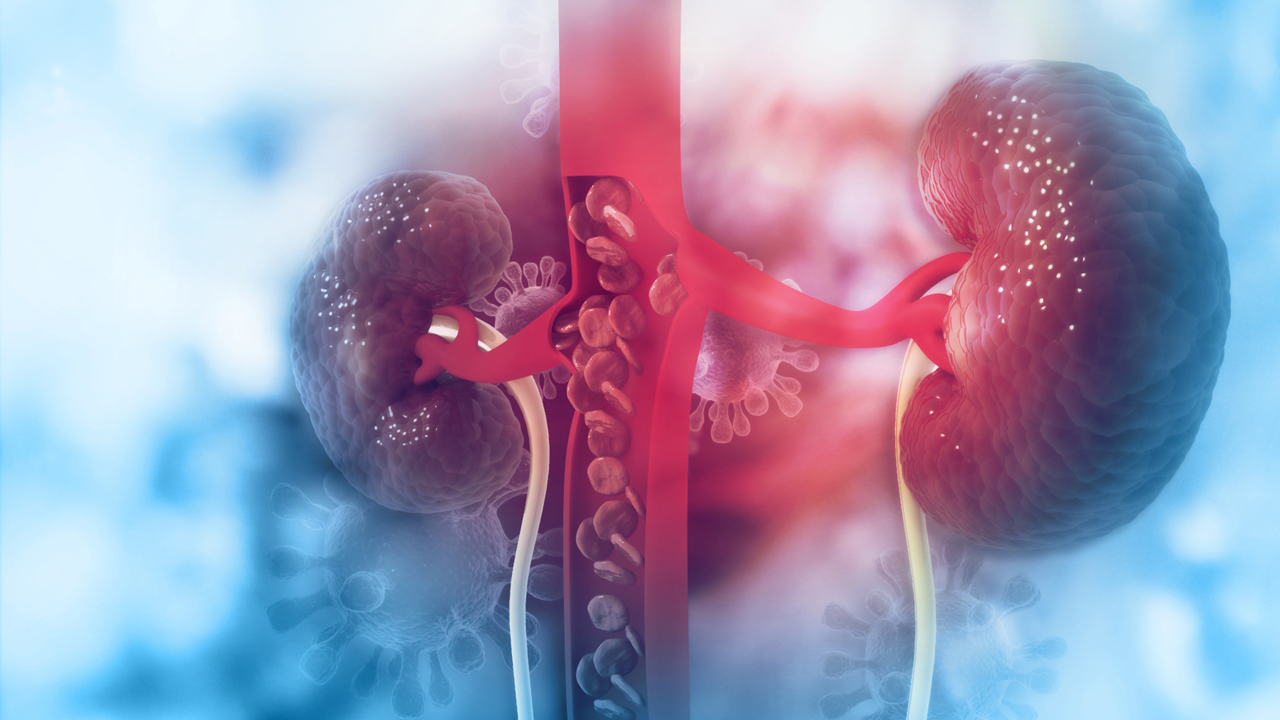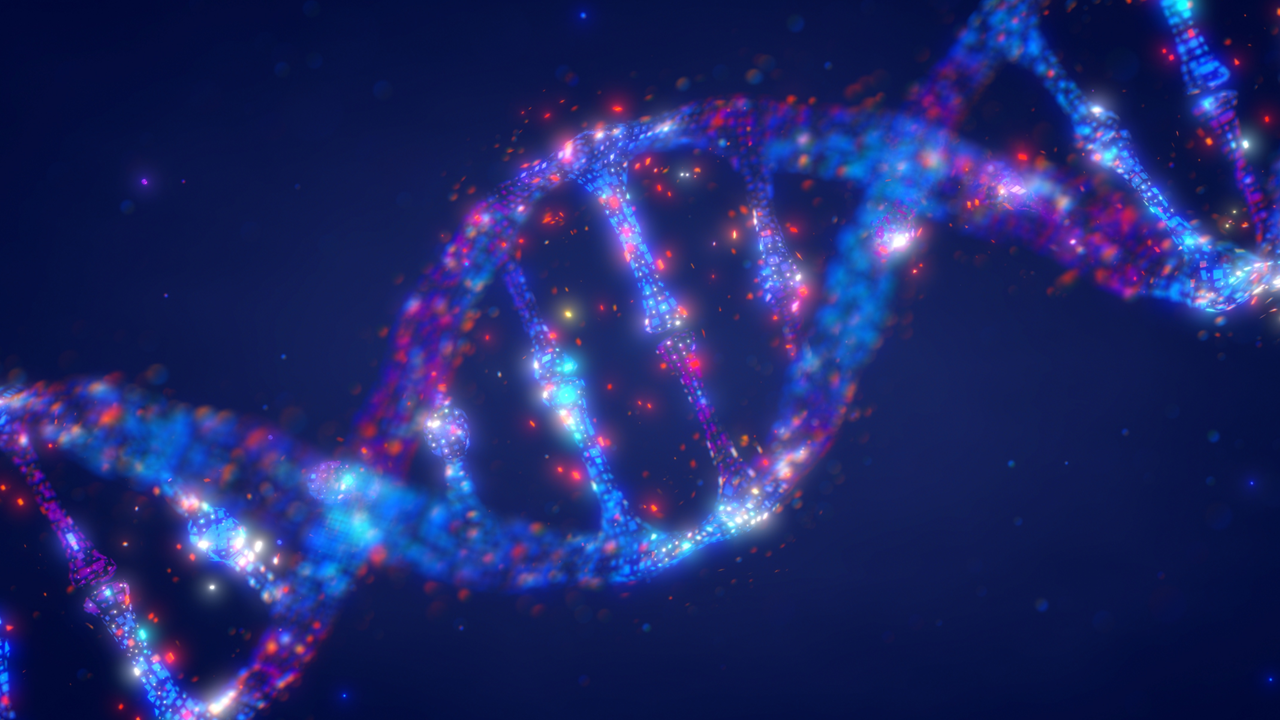Acadian Seaplants Ltd. is a manufacturer of premium marine products, including select wild-harvested and cultivated species of aquatic plants. Founded and established in Canada in 1981, Acadian Seaplants is now the largest independent marine plant-processing company in North America and is a global leader in specialty seaweed cultivation technology. Acadian Seaplants operates the largest land-based commercial macro-algae cultivation facility in the world, providing the highest level of biomass supply security and traceability for customers.
As a fully integrated company, Acadian Seaplants is responsible for every stage of its operation, including sustainable harvesting and cultivation of marine plants, scientific research and technology development, engineering, manufacturing, market development, sales, and technical customer support. Its wellness products provide a variety of health benefits, and are available for the nutraceutical, cosmetics, and food and beverage industries. Seaweeds have antioxidant, anti-obesity, anti-aging and other properties that are beneficial to these industries.
To learn more about Acadian Seaplants and their products, watch a recording of this free webinar.
Introduction to Acadian Seaplants
Founded in Nova Scotia, Canada, in 1981, Acadian Seaplants is the largest independent seaweed processing company in North America, and a leader in products for humans, animals, and agriculture. Acadian Seaplants operates wild harvesting, on-land cultivation, and processing facilities for companies in seven different countries, and they sell 50 of their products in over 80 countries. There are over 400 employees, and 600 fisher-harvesters in Canada, the USA, Ireland and Scotland. The company’s operations include research centers staffed by 35 scientists, engineers, and technicians. Over the past 40 years Acadian Seaplants has won numerous awards for sustainability, conservation, safety, and business excellence. The company remains dedicated to ensuring the maximum possible quality and maintaining multiple safety certifications in the areas of food and food ingredients.
Acadian Seaplants operates both wild harvesting and on-land cultivation. The Charlesville, NS cultivation center is the largest land-based seaweed cultivation facility in the world today and is made up of 53 cultivation ponds over eight acres of land, as well as nurseries, drying, processing, and packing facilities. The cultivation operational expertise at Acadian Seaplants allows the employees to control for the maximum consistency and quality and has enabled the company to earn multiple certifications that are increasingly required by discerning customers. Acadian Seaplants is focused on the North Atlantic species of seaweed, including Ascophyllum nodosum, Fucus vesiculosus, Palmaria palmata, Laminaria digitata, and Chondrus crispus.
The Evolution of Seaweed
“Seaweeds have been on Earth longer than land plants, fish, humans, or even dinosaurs”, explains Lynn Cornish, the Seed Stock Manager for Acadian Seaplants. They were among the first multi-cellular organisms that originated approximately 2.5 Billion years ago. The long evolution of seaweed species over this time period has made them nutritionally dense, highly versatile, and a source of numerous bioactive ingredients that are not found in terrestrial plants. There are over 11,000 species of seaweeds worldwide, and they grow in coastal areas in every region of the world.
Benefits of Seaweed
Seaweeds have special properties compared to terrestrial plants. The North Atlantic Ocean is subject to very cold temperatures, combined with wild seasonal swings in temperature, as well as other extreme environmental conditions. Seaweeds grow in the intertidal zone and have evolved to endure these conditions in order to survive over geologic time. The temperature highs in the region are 35 degrees Celsius, and lows are -20 degrees Celsius. The intertidal regions of the North Atlantic also experience two high and low tides daily, meaning these species alternate between exposure to a hot sun and dry and wind conditions on land to cold saline conditions under water four times per day throughout their lifetime.
In order to survive these climatic extremes, seaweeds have evolved a series of metabolites that protect them against harsh environmental conditions. Research is just beginning to discover the roles of the various complex bioactive compounds found in seaweeds, but many of them have important nutritional components. Research on agricultural plants and animals has shown that the properties of seaweeds include stress resistance (especially temperature), digestive system health improvement, antibiotic and antiviral properties, as well as a positive environmental footprint, including methane-reducing qualities. Evidence of the beneficial health effects of seaweeds include improvements in the disease states of patients with cardiovascular and neurological conditions.
The nutritional profiles of North Atlantic seaweeds indicate that mineral and vitamin content stacks up extremely well against other edible plants. All the important vitamins and minerals necessary for human health are present in these plants. For example, iodine is essential for thyroid health, and seaweed is a good natural source, especially the brown seaweed species. Seaweeds compare favorably with many common foods. They are extremely high in protein, even more so than legumes, which are the vegetable most commonly associated with protein. The dulse seaweed species (Palmaria palmata) has more protein than a striploin steak. They also have several times more calcium and iron than many frequently consumed foods.
Seaweeds are rich in various combinations of nutrients, minerals, trace elements and prebiotics, the fibres that feed the “good” bacteria in the human digestive system. Animal studies have shown that prebiotic rich seaweed contributes to and encourages growth of healthy gut bacteria and limits the growth of harmful bacteria. Studies in humans are underway.
Seaweeds also contain gelling components that can be added to food products for emulsification. Many processed foods contain gelling agents or emulsifiers to enhance the taste and texture of the products, and in some cases to keep substances solid at room temperature when they would naturally exist as a liquid. Some products requiring emulsification include skin care creams, toothpaste, and foods like ice cream and chewable candy. However, some emulsifiers have been shown to have a negative impact on human gut health. Seaweeds provide a safe and cost-effective emulsifier due to their high content of carrageenan, a polysaccharide that acts as a gelling agent. It is not only safe for human consumption but also has health benefits. Acadian Seaplants’ seaweeds also remain certified organic throughout the entire manufacturing process.
Some of the health benefits of seaweed consumption include improved thyroid health, cell rejuvenation, greater appetite control, and inhibited fat absorption. The thyroid regulates hormones in the human body and for it to function properly, the body needs a reliable source of iodine. Seaweeds are high in iodine, especially Laminaria digitata which provides 6000 micrograms of iodine per gram, the most of any seaweed species. Seaweeds also promote greater appetite control through a molecule called fucoxanthin. This could combat the obesity epidemic that is exists around the world. Seaweed supplements before meals have been shown to suppress appetite in humans and other mammals. Seaweed consumption also limits fat absorption in the digestive tract by up to 75%. This is a result of their containing molecules called alginates. These molecules allow fat to pass through the human digestive system in a similar way as dietary fibre, meaning the fat will not be stored in the body.
Some of the nutritionally beneficial compounds found in seaweeds include Vitamin C, Vitamin E, amino acids, and peptides. Other beneficial properties of seaweeds include anti-bacterial, anti-viral, anti-UV, anti-inflammatory, prebiotic, and hydrating properties. Human cells and tissues are constantly experiencing damage from reactive oxygen species, which they are exposed to through the environment. Free radicals damage cells over time, and antioxidants counter these effects, increasing health well-being. Seaweeds provide a whole suite of antioxidant compounds and enzymes that provide protection against free radicals, promoting cellular homeostasis.
Seaweed in Skincare
Seaweed has several applications for skincare. The first is hydration, as the polysaccharides contained in seaweed help skin to maintain elasticity and healthy appearance. Seaweeds also offer natural UV Protection. Commercial sunscreens are harmful to the environment and may have detrimental effects on human health. Seaweed-based sunscreen products provide a safe and ecofriendly alternative, as the compound palythine, a molecule found in red seaweeds, blocks UV light and prevents the damage it causes to human skin. The rich nutrients found in seaweed skin care products can also help consumers detoxify their skin and replenish the essential vitamins and minerals that are necessary for healthy skin functioning. Seaweed can help skin look brighter and healthier without the use of artificial chemicals. Seaweeds are also ideal for skincare products due to their high viscosity and hold. They make the product easy to spread, while adhering strongly to the skin, which is a great challenge for many manufacturers of skin care products.
Seaweeds’ Future Promise
Seaweeds offer natural and sustainable solutions for a variety of food and skincare products. They allow manufacturers to minimize chemical ingredients as well as negative environmental impacts and have many positive effects on human health. Furthermore, Acadian Seaplants seaweeds are certified organic and are maintained at the highest quality throughout the manufacturing process. Learn more about Acadian Seaplants in this free webinar.
This article was created in collaboration with the sponsoring company and the Xtalks editorial team.








Join or login to leave a comment
JOIN LOGIN